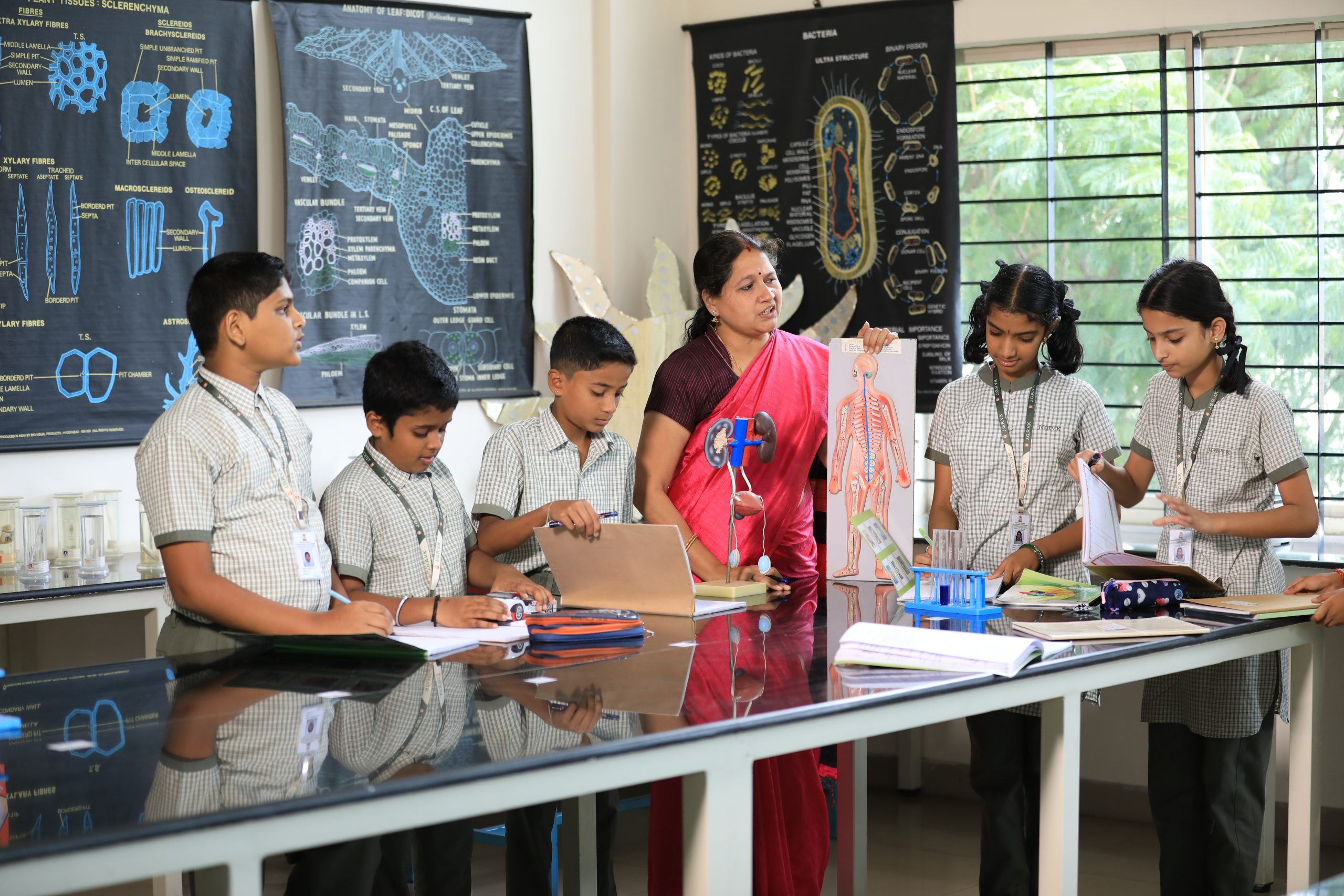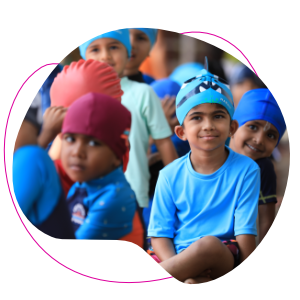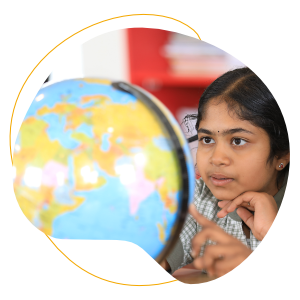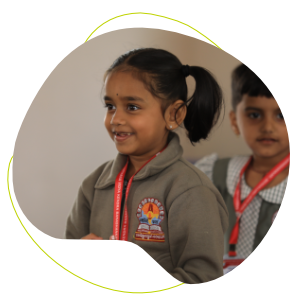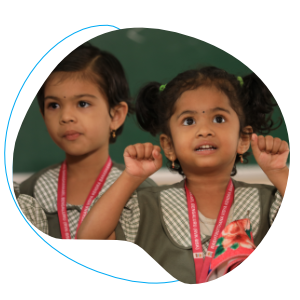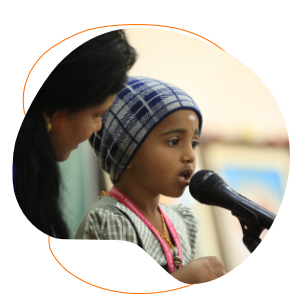Academic Support
Rashtrotthana believes that a strong foundation in academics is crucial for a child’s overall development. From pre-primary to 6th standard, the school offers robust academic support that is tailored to meet the diverse learning needs of every student. Regular assessments and feedback mechanisms ensure that students receive timely guidance and support to excel in their studies.
